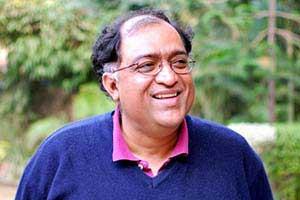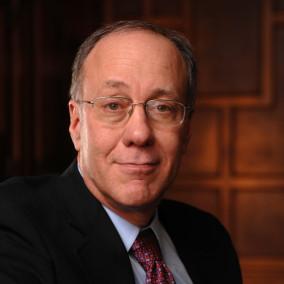Breaking the countercyclical pattern of local democracy in Pakistan
The history of Pakistan shows a paradoxically countercyclical pattern for local democracy. Three times in the history of Pakistan, elected institutions of local democracy have been created by military regimes, and each time the subsequent civilian governments have either failed to revive elected local governments or replaced them with unelected administrators. In the latest round, elected local governments were created by General Pervez Musharraf's military regime, but now the recently revived civilian provincial governments have placed local governments under the authority of unelected administrators. Thus, although mainstream political parties have promised local democracy in their election manifestos, the future existence of democratic local government in Pakistan is seriously in doubt.
Supporters of democracy in Pakistan must understand this countercyclical pattern of local democracy to seek ways of escaping from it. Successful democracy depends on a vital relationship between democratic politics at the local and national levels. A commitment by civilian democratic regimes to functional elected local governments would strengthen the foundations of federal democracy in Pakistan. The democratic parties' disconnection from local government has created local political vacuums that have been repeatedly exploited by nondemocratic forces to undermine the national system of civilian governance.
This detachment from local politics has had particularly disastrous consequences in the Tribal Areas, where local democracy has never been introduced and where colonial modes of governance have continued till now. The long neglect of democratic and legal rights in the Tribal Areas set the stage for militant insurgency, with profound regional consequences. Recent military gains against insurgents in Tribal Areas can be consolidated only by building responsible local government in these areas, but it is hard to see how this can happen when local democracy is being suspended in the rest of the country.
In this paper, we consider how this disconnection between political parties and local democracy evolved, and how the foundations of democracy in Pakistan could be strengthened by healing this rift.




